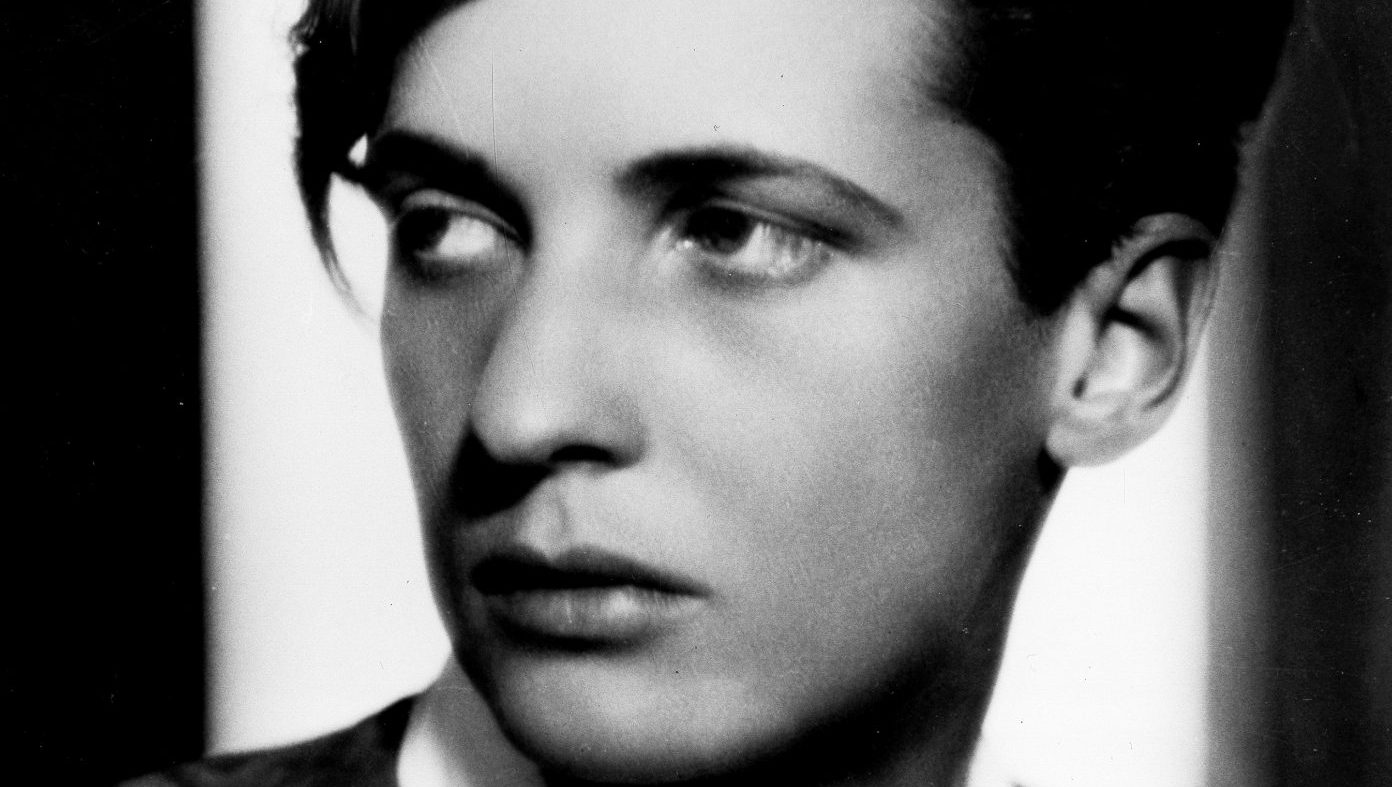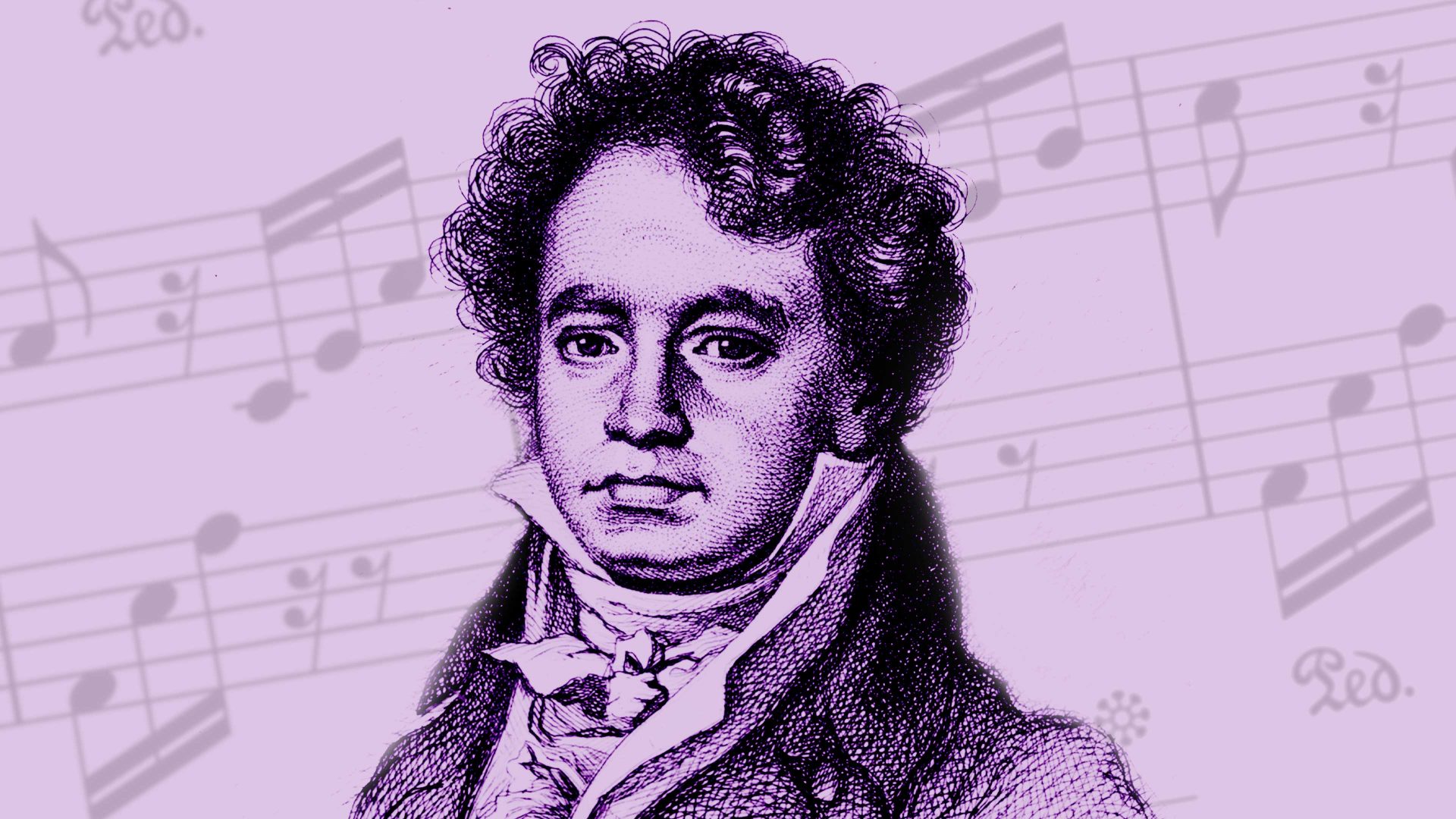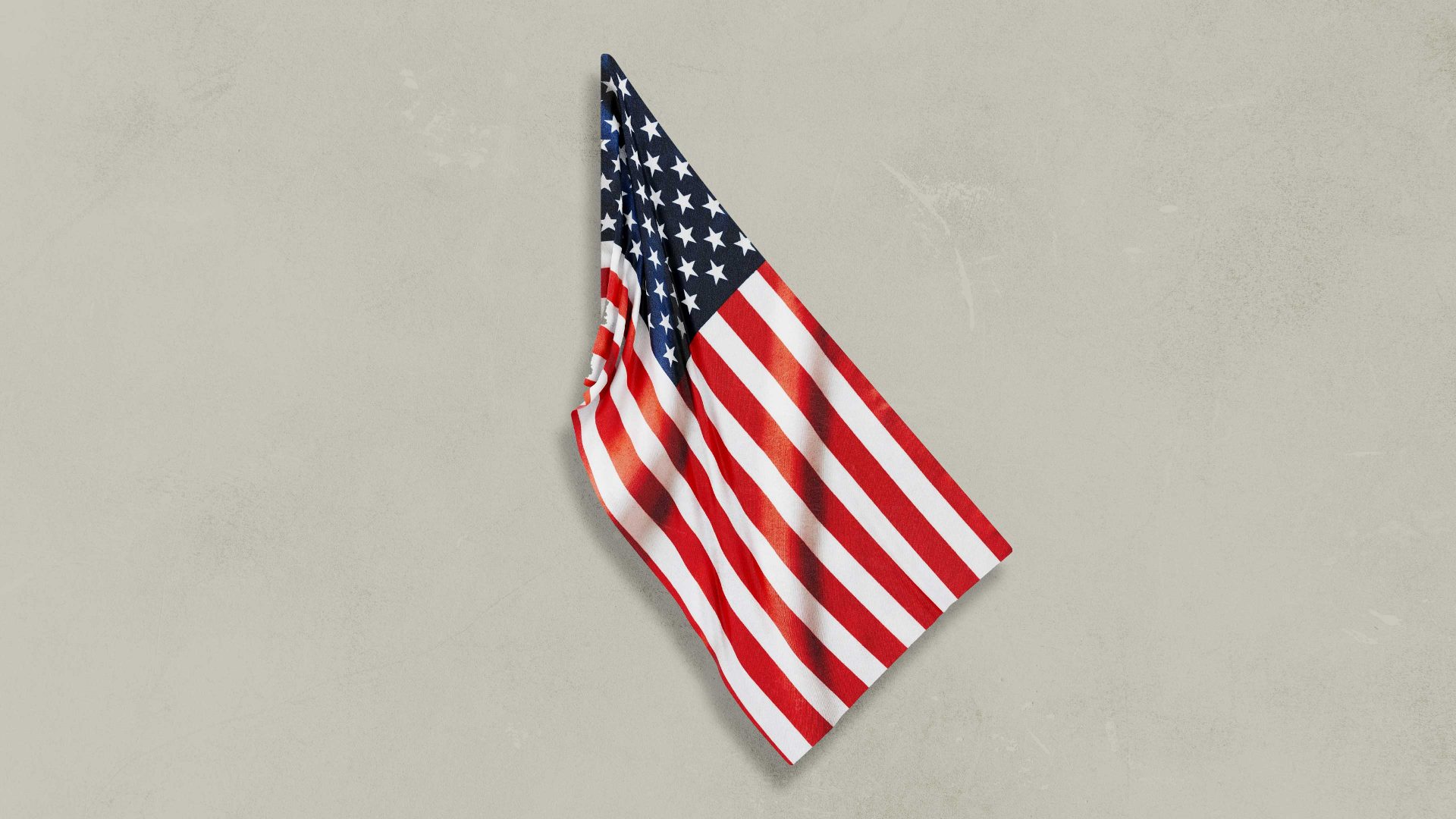The air was so pure she could taste it. Late summer beneath blue Swiss skies was always her favourite time to be in the Engadin, the valley in eastern Switzerland where Annemarie Schwarzenbach kept her home. Even on warm days the altitude lent the air a chill she liked to draw deep into her lungs.
There had been blue skies over Tehran, Moscow, Kabul, the southern states of the USA and, most recently, Congo, but Swiss skies had an extra vividness. And the air was sweeter.
Switzerland always called her back eventually. The wanderlust that defined her was anchored by the land that made her, for better or worse. The Alps felt like a protective huddle, the valleys a refuge, the house she kept at Sils a central node for friends from around the world.
But there was her family, too, with whom she could never cut ties despite an irreconcilable rift exacerbated by the war.
As she cycled home that morning in September 1942, Schwarzenbach ran through her reasons to feel optimistic about the future. She was over the bout of malaria that had blighted her visit to Congo. She was waiting for confirmation of a posting to Lisbon as the Iberian correspondent for a Swiss newspaper. She had good friends, some of whom had just arrived to stay for a few days.
Perhaps most significantly, although she was tentative in exploring the thought, the depression with which she had long struggled – and twice attempted suicide to escape – had not visited for several months.
Her bicycle rattled down the lane towards the house where she could see her friends outside enjoying the sunshine. Suddenly exhilarated, she let out a whoop and sat bolt upright in the saddle, arms flung wide, eyes turned to the sky.
The front wheel of the bicycle hit a rock and was wrenched sideways. Schwarzenbach plunged head-first towards the stony ground.
In her 1939 account of a journey from Switzerland to Afghanistan, All the Roads are Open, Schwarzenbach wrote of her urge to travel: “The simultaneity of near and far confused me; I thought it possible to find the past, the present and the future united in one place, giving it all that life can hold; but I had grave doubts that at any given moment life might reign both here and there, on this side and that side of the seas and mountains… I went forth, not to learn what fear was but to test what the names held and feel their magic in the flesh”.
This curiosity about what might lie beyond the horizon was sparked a decade earlier. When she moved to Berlin in 1931, Schwarzenbach felt she had found somewhere to belong. In Europe’s bohemian capital she immersed herself in a whirl of nightclubs and parties, giving free rein to her sexuality and developing a copious appetite for drink and drugs.
“She lived dangerously,” a friend later recalled. “She drank too much and never went to sleep before dawn.”
When Hitler came to power in 1933, Berlin’s bohemian age came to a juddering halt. Schwarzenbach knew she could not remain in the city and commenced the itinerant life whose records on the page and through her camera lens would make her famous.
From rural Tennessee to Kinshasa she ranged across the globe. There were trips to Spain, Persia, Czechoslovakia and Moscow, to observe the first congress of the Soviet Writers’ Union. There was a pioneering overland journey to Kabul with friend and fellow writer Ella Maillart, taking the back roads through Yugoslavia and Bulgaria, often sleeping out under the stars.
She was a gifted photographer whose images of the racism endemic in the segregated south of the USA and documenting the rise of fascism in Europe opened eyes on both sides of the Atlantic. She was a successful writer capable of mixing acute landscape descriptions with enlightening personal introspection to produce some vivid and groundbreaking travel narratives.
Yet darkness always loomed. The 4,000-mile odyssey to Afghanistan was a bold and unsuccessful attempt to conquer her addiction to morphine. The back-road itinerary devised by Maillart was intended to avoid the temptations of cities, a ploy that worked as far as Turkey where Schwarzenbach managed to source opiates and cause a rift that saw the friends part ways.
At the core of Schwarzenbach’s troubles was her relationship with her family. Born into one of Switzerland’s wealthiest dynasties thanks to her father’s fortune in the silk trade, Schwarzenbach had an intensely difficult relationship with her mother. Renée Schwarzenbach-Wille came from the Bismarck family and throughout her marriage had a string of extramarital relationships with women to which husband Alfred turned a blind eye.
She dressed Annemarie in boys’ clothing and kept her hair short from almost as soon as she could walk, inspiring a lifelong androgyny of style that marked Schwarzenbach out as different and helped make her a posthumous gay icon.
A shared queerness did not forge a special bond between mother and daughter, mainly thanks to Renée’s domineering and judgmental personality and her hypocrisy: in the US Schwarzenbach told the writer Carson McCullers, who fell deeply in love with her, that Renée berated her as “a dope fiend, communist and lesbian”.
Things came to a head when the teenage Schwarzenbach met Erika and Klaus Mann, the children of Thomas Mann. Schwarzenbach’s parents were enthusiastic Nazis, the Manns committed anti-fascists.
Their daughter’s passionate relationship with Erika exacerbated an ideological rift with Alfred and Renée that Schwarzenbach could never bring herself to make a permanent divide. Erika was her first and greatest love but the relationship was destroyed by Schwarzenbach’s refusal to cut ties with her fascist parents.
She remained close to the Manns – Thomas Mann called her a “ravaged angel” – and having graduated in history and published a novel at 23 accompanied Klaus to Berlin, where they co-founded Die Sammlung, the anti-Nazi literary journal for displaced writers.
She mooted marriage with Klaus as a cover for their queerness but instead married a gay French diplomat named Achille-Claude Clarac. The couple lived for a while in Tehran where the diplomatic passport that came with the marriage eased Schwarzenbach’s travels through a divided and increasingly dangerous world.
Yet for all the adventures she enjoyed and danger she had survived in distant lands, it was that fall from a bicycle outside her home that killed her.
She lingered for more than a month, during which her mother forbade visits from anyone. It was a lonely end for a woman who had forged her place in and around a world to which she never quite belonged.




